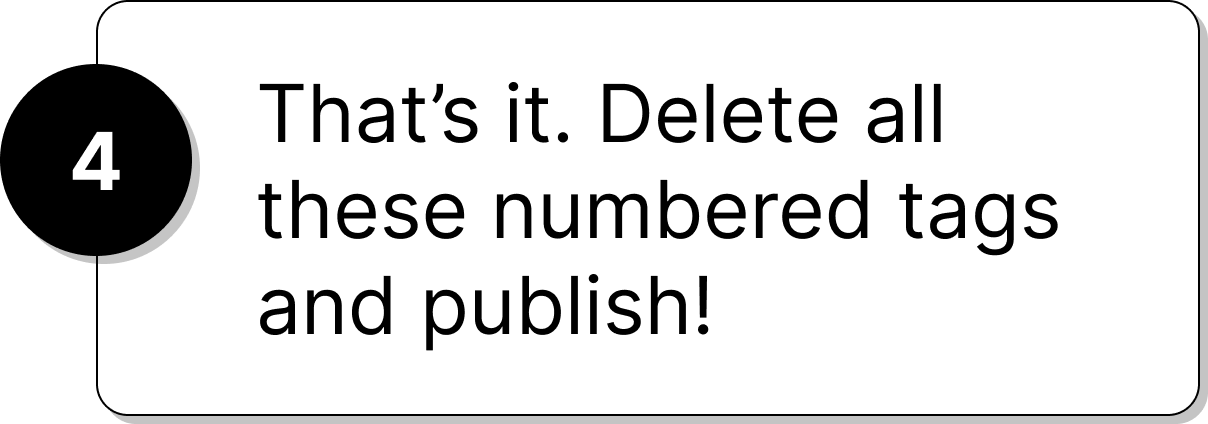Something about yourself
wisconsin school of economic sociology




WSES 2025 Meeting
April 18-19, 2025
University of Wisconsin-Madison
keynote address
with the generous support of the World Interdisciplinary Network for Institutional Research (WINIR)
In its prime, economic sociology was premised on the moral and communal contours of economic life, with research centered on questions of embeddedness, relational work, and performativity. But in recent years, the limits of these perspectives have become apparent. As previous agendas grow stale, the field is increasingly rudderless. There is no consensus as to what questions, if any, it seeks to answer. Worse yet, it is politically impotent — effectively divorced from policymaking and lacking any real capacity to transform the world. This does not bode well if the world in question happens to be on fire.
Yet there may be reason for cautious optimism. As global leaders sound the death knell of neoliberalism, so too have scholars begun re-engaging the macrosociological. In response to decades of tax evasion and capital flight, they are exploring central banking and democratic finance. In response to the climate crisis, they are grappling with questions of state power and green planning. And in response to technological transformations, they are interrogating platform capitalism and digital currency.
What is now urgently needed is an agenda capable of weaving together these threads. The WSES 2025 Meeting contributes to this goal by drawing together a variety of presentations under a new theoretical framework. Our contention is that economic sociology’s perennial topics — markets, money, law, firms, states, and the like — must be conceptualized not as sites of cultural exchange but as a matrix of institutions and protocols. Drawing on the best of economic sociology, political economy, and institutionalisms old and new, we are interested in mapping the “rules of the game.” Because it is only by attending closely to these rules that we might begin to ponder how to change them.
panel 1: Low-Carbon Futures, part 1
I-Lun Shih, University of Michigan-Ann Arbor
İrem İnal, University of California-Berkeley
Manasi Karthik, Johns Hopkins University
Gabriel Kahan, University of Wisconsin-Madison
April 18
panel 2: Sociologies of Finance, part 1
Julian Jürgenmeyer, Max Planck Institute for the Study of Societies
Taylor Barrett, University of Wisconsin-Madison
Nicholas Occhiuto, Hunter College
Dongzhen Wang, Heidelberg University
panel 3: Labor & Society
Daniel Seel, University of Wisconsin-Madison
Alexandre Guelerman, University of Wisconsin-Madison
panel 4: Theoretical Horizons, part 1
Aaron Pitluck, Illinois State University
Robert Freeland, University of Wisconsin-Madison
panel 5: Political Economy Revived
Matthias Thiemann, Sciences Po
James Rosenberg, University of Wisconsin-Madison
Martino Comelli, Slovak Academy of Sciences
panel 6: Low-Carbon Futures, part 2
Stéphanie Barral, INRAE
Mu-Jeong Kho, University College London
Pablo Nemiña, National University of San Martín
Minseo Cho, University of Wisconsin-Madison
April 19
panel 7: Sociologies of Finance, part 2
Neil Warner, London School of Economics
Rohan Advani, University of California-Los Angeles
Adam Hayes, University of Lucerne
Walker Kahn, University at Buffalo
panel 8: Theoretical Horizons, part 2
Luis Flores, Harvard University
Francesco Laruffa, Sociological Research Institute Göttingen
Petras Shelton-Zumpano, Melbourne University
program
with support from the Department of Sociology at the University of Wisconsin-Madison


